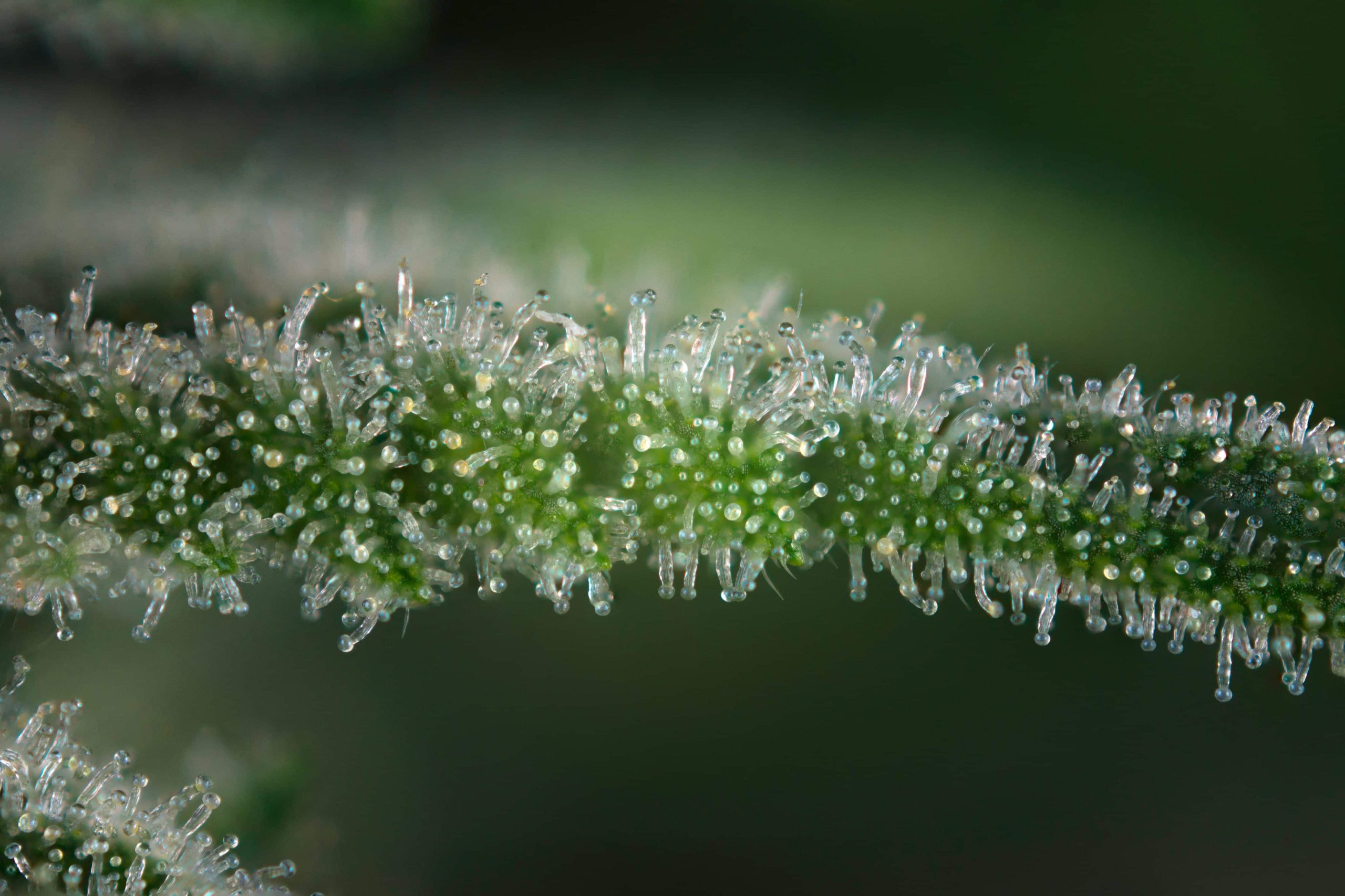Activists who support a voter initiative in North Dakota to legalize marijuana have countered the financial outlines included in the ballot measure, saying they were “incomplete” and “misleading” to voters. Voters will decide on the New Approach initiative in North Dakota in his November general election, following state officials’ announcement last month that the measure was eligible to vote.
When voters receive their ballots this fall, they will be presented with a one-sentence financial summary that estimates the cost of implementing the initiative and the revenue generated by the bill if it is approved. The summary estimates that costs will exceed revenues by more than $1.8 million over the next five years.
“The estimated financial impact of this measure over the two years 2023-2025-2027 is $3,145,000 in revenues and $4,985,000 in expenditures,” reads the financial brief.
However, the estimate does not include income from taxes on the sale of cannabis, despite the taxes incurred by the proposal. If the ballot measure is successful, cannabis sales will be taxed at the state sales tax rate of 5%, with the potential for additional local taxes of up to 3%. Lawmakers could also add a sales tax on cannabis that could be much higher.
New Approach North Dakota chairman Dave Owen said the treasurer’s memo written for the ballot was “obviously incomplete” and “deliberately misleading” voters. according to reports From the news site Inforum.
According to media reports, tax secretary Brian Closhus said unknown variables, such as the cost of cannabis products and the final sales figures at cannabis retailers, could affect the outcome if the ballot measure succeeds and marijuana is legalized. , said his office was unable to estimate how much tax revenue would be generated.
Other estimates put the annual weed tax at up to $10 million
But some have already made estimates of the tax revenue generated by legal weed. Raymond March, an economics professor at North Dakota State University, predicts the state will receive about $6 million in tax revenue each year.
Dustin Gaurilow, a self-proclaimed financially conservative government watchdog and member of the marijuana legalization action sponsorship committee, said the revenues from legalization far outweigh the costs of implementing legal marijuana. and not including estimated tax revenues in fiscal summaries “is not.” Logical. Based on legal marijuana sales in Montana this year, adjusted for North Dakota’s small population, he said, if the ballot measure succeeds in November, state coffers could drop from $8 million annually. We estimate that we will receive $10 million.
When asked why the tax office couldn’t base state revenue estimates on data from other states, Closhus said, “Each state has its own tax and regulatory structure that is unique to that state.” said.
The Financial Summary, located at the bottom of the ballot, is a condensed three-page estimate prepared with input from several state agencies. Jason Wall, director of North Dakota’s medical marijuana division, presented the full estimate to a panel of legislative leaders on Monday. said it was due to application and licensing fees charged to cannabis producers and retailers.
The full summary also notes that “additional income is expected from the sale of cannabis products,” but the tax office said it could not estimate the amount of tax that would be collected.
Department of Transportation incurred much of the estimated cost of nearly $5 million to hire additional full-time employees, fund training, purchase drug screening equipment, and launch a campaign to prevent driving impairment. I estimate that.
The medical marijuana division will also see spending to hire four more employees and manage recreational marijuana programs. Wahl estimates that the license and application fees will cover the costs incurred by his agency. The Full Treasurer Note adds that the highway patrol, the attorney general’s office, and the state’s 53 counties may also face additional unknown costs.
Fiscal memos are added to ballot measures to give voters an estimate of the costs and revenues the state will face if the initiative is approved. But critics, including political consultant Owen, say the estimates were written by state agencies to influence elections.
“It’s a well-known fact that when a particular government agency doesn’t want to[pass]something, they put a ridiculous accounting note on it to try and kill it.” said Owen.
Ballot measure legalizes cannabis for adults
The ballot measure, if passed by voters in the November general election, would legalize possession of up to an ounce of cannabis and small amounts of marijuana concentrate by adults 21 and older. or establish a framework to regulate the production and sale of commercial cannabis, administered by another agency designated by legislators.
Regulators are given until October 1, 2023 to draft regulations governing marijuana facility security, advertising and labeling, and cannabis product packaging and testing standards. The initiative limits the industry to seven production facilities and 18 cannabis retailers, with limits on the number of licenses held by any one entity.





